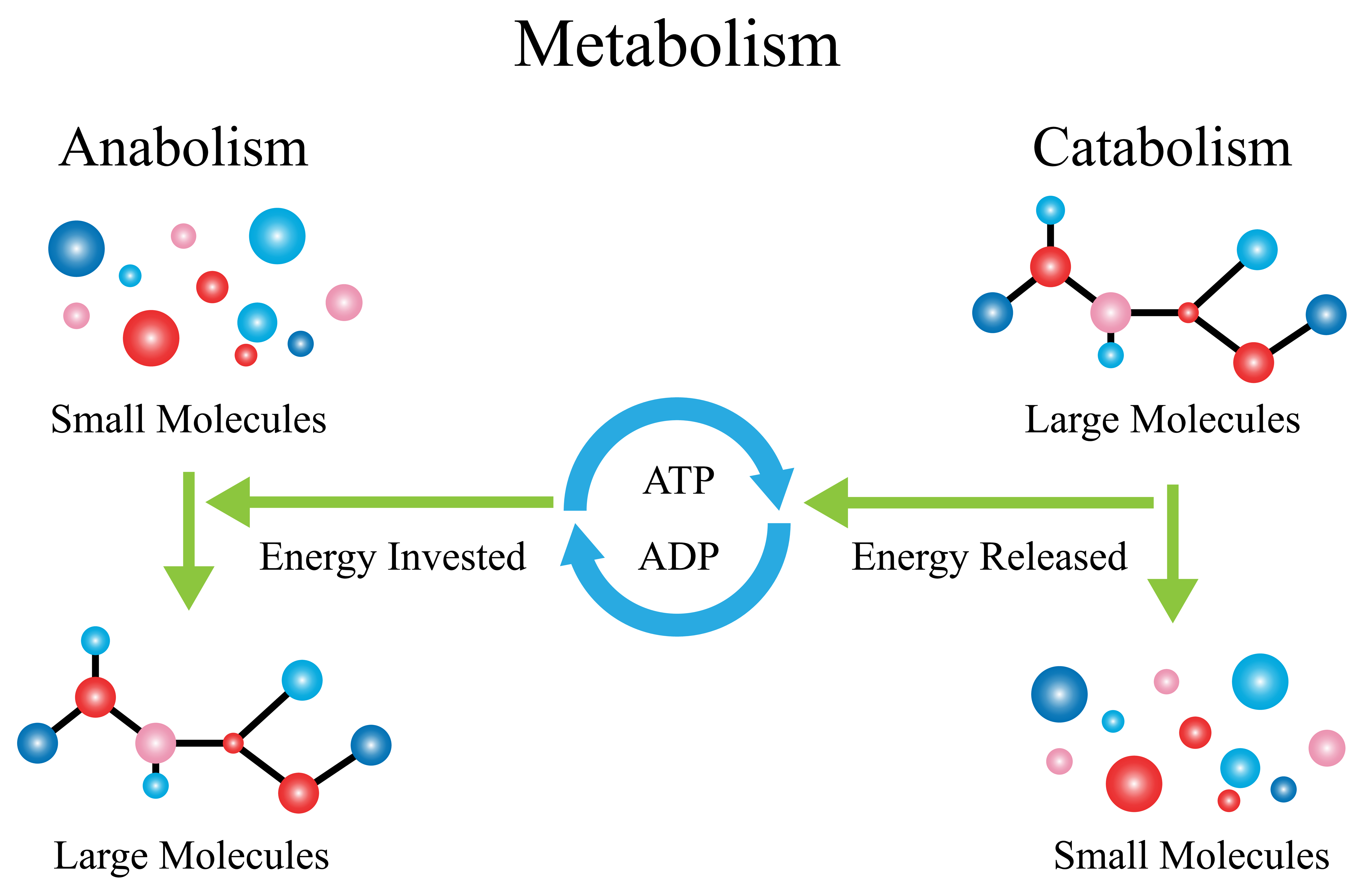Strategies to mitigate age-related physiological changes

As we age, physiological changes occur across all organs due to cell death and the generation of new cells. Cells may die through a process called apoptosis, or they may reach their limit in terms of division. One of the most common age-related changes in the cardiovascular system is the stiffening of arteries and blood […]
Healthy living tips for seniors as they age

As we age, maintaining good health becomes increasingly important. Seniors face a higher risk of contracting flu viruses, which can lead to complications like pneumonia and bronchitis. This highlights the need to take care of your body and strengthen your immune system. Here are some health tips that seniors can follow as they grow older: […]
Understanding Alzheimer’s disease and its progression

Alzheimer’s disease is a progressive neurodegenerative condition that affects over 10% of individuals aged 65 and older. It disrupts various brain functions, leading to difficulties with memory, problem-solving, thinking, judgment, and language. The condition is thought to be caused by the abnormal buildup of amyloid-beta protein around brain cells. Genetic mutations can trigger the improper […]
5 essential books every senior should read

Research has shown that seniors who engage in regular reading experience enhanced decision-making abilities, reduced stress, and improved memory. Additionally, reading can help alleviate stress and anxiety and improve sleep quality. It can even delay the onset of Alzheimer’s disease and dementia. Here are 5 must-read books for seniors, along with brief summaries of each: […]
How does metabolism change with age?

Metabolism refers to the collection of chemical reactions that occur within living organisms. It consists of two main processes: catabolism and anabolism. Catabolism breaks down large molecules into smaller ones to release energy. Anabolism builds larger molecules from smaller ones, consuming energy in the process. Not all metabolic processes happen in every cell. Instead, cells […]
Fun and safe winter pastimes for seniors

Winter often means spending more time indoors, but staying engaged is essential for both mental and physical well-being. Here are some activities that can help seniors stay active and entertained during the colder months: 1. Board games. These are not only enjoyable but also beneficial for cognitive function, memory retention, and mental clarity. Playing board […]
Senior safety strategies for winter

As colder weather and shorter days arrive, seniors face an increased risk of health issues and weather-related injuries such as frostbite and hypothermia. Boom Health has compiled a list of winter safety strategies specifically for seniors: 1. Watch for black ice. Black ice is particularly dangerous because it is nearly invisible, increasing the risk of […]
Why hydration is crucial for seniors

Water makes up over 60% of the human body, making hydration essential for maintaining proper organ function, regulating body temperature, delivering nutrients to cells, preventing infections, and keeping joints lubricated. Hydration is particularly crucial for seniors due to age-related changes like reduced body water content and increased fluid loss. For optimal health, senior men should […]
Effective eye exercises to slow down aging eyes

As we age, our eyes undergo changes that can lead to various vision problems. Regular eye exercises can help slow these age-related changes and improve overall eye comfort. Here are 5 simple eye exercises to help mitigate age-related vision issues: 1. Figure 8. While seated, visualize a horizontal figure eight about 10 feet in front […]
Effective strategies for better sleep in seniors

As we age, changes in sleep patterns are common, such as shorter sleep durations, waking up earlier, or feeling fatigued earlier in the day. Quality sleep is crucial for maintaining health and well-being, and seniors typically need between 7 to 8 hours of sleep each night to feel rested and alert. Many older adults struggle […]

